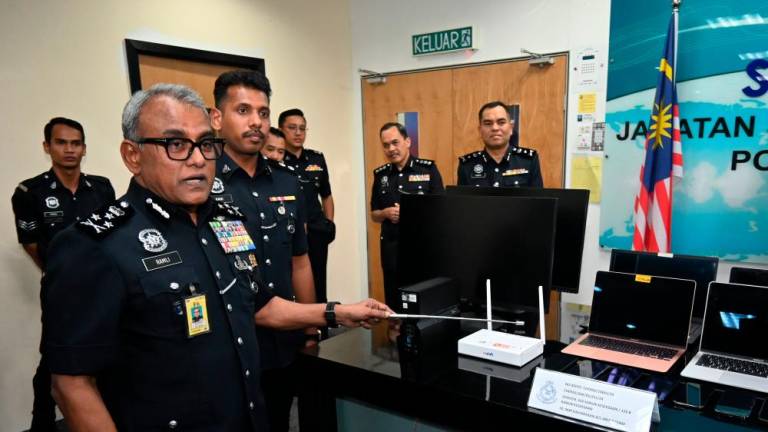KUALA LUMPUR: A change in the Malaysian education system is essential to help the country achieve the objectives of Industrial Revolution 4.0 (IR4.0), according to stakeholders in the education sector.
For a start, they said, students should be assessed based more on their ability to perform well in practical situations over how well they do in examinations.
They said the over-emphasis on paper-based examination had prevented many students from opting for the STEM (Science, Technology, Engineering and Mathematics) subjects, which are essential to help the country achieve its IR4.0 objectives.
The accepted view is that it is more difficult to do well in a STEM subject than in other subjects, so students take the “easier” option even if they are interested in Science or Technology.
The interest in STEM subjects has been dropping steadily, raising concerns that the talent pool for the digital industry is shrinking.
Education Minister Dr Maszlee Malik had recently called for renewed efforts to meet the needs of IR4.0.
The objectives of a policy introduced in the 1970s to raise the ratio of Science and Technical subjects to 60% against 40% for the Arts has never been met.
Of all the students who graduated in 2011, only 45% were from the Science stream, raising concerns about the education system’s ability to meet future demands of the job market.
Co-founder of Arus Education Alina Amir does not share the view that the drop in the enrolment for STEM subjects was a reflection of declining interest among students.
“It is more likely (caused by) the culture of education in Malaysia that is still very exam-oriented,“ she said.
“It is about how well I can do in a subject, whether or not I can score an ‘A’. The general impression is that it is more difficult to ace in a STEM subject so I wouldn’t opt for it even if I’m interested in it,“ she said.
She pointed out that parents also play an integral role in perpetuating the exam-oriented culture. “It is the expectations we put on our children. Even if the government deems that exams are not so important, our parents must change their mindset as well,“ she added.
Alina said the key to changing mindset is to see value beyond grades. “Non-cognitive skills should be given priority as they help students to grow as a person. These include problem-solving skills, teamwork and critical thinking,“ she explained.
“Those are the skills we want our kids to pick up to survive and prepare for the future. You don’t just need to be very knowledgeable in the content, but you must also be able to work with different people, solve problems, be critical thinkers and to be able to express your thoughts and opinions,“ explained Alina on the importance of project-based learning.
“Exams don’t assess these non-cognitive skills. If both teachers and parents can see the value of assessing children in a more wholesome way, that’s how it changes mindset,“ she added.
“We need to diversify the way we assess students, based on their behaviour in the classroom and peer-to-peer review,“ said Alina.
By moving away from exam-oriented teaching, STEM subjects might be given a second chance, she added.
Programme director of Teach for Malaysia Chan Soon Seng pointed out that effective STEM education could equip students with the skills to create innovative solutions to real world problems.
“STEM education should be taught and assessed in an applicable and performance-based way,“ he said.
“However, Alina pointed out, if the school environment was not conducive, the teaching would not be effective.
Arus Education is working with the Malaysia Digital Economy Corporation (MDeC) and Education Ministry to train teachers in digital science and design and technology modules offered in primary and secondary schools.













